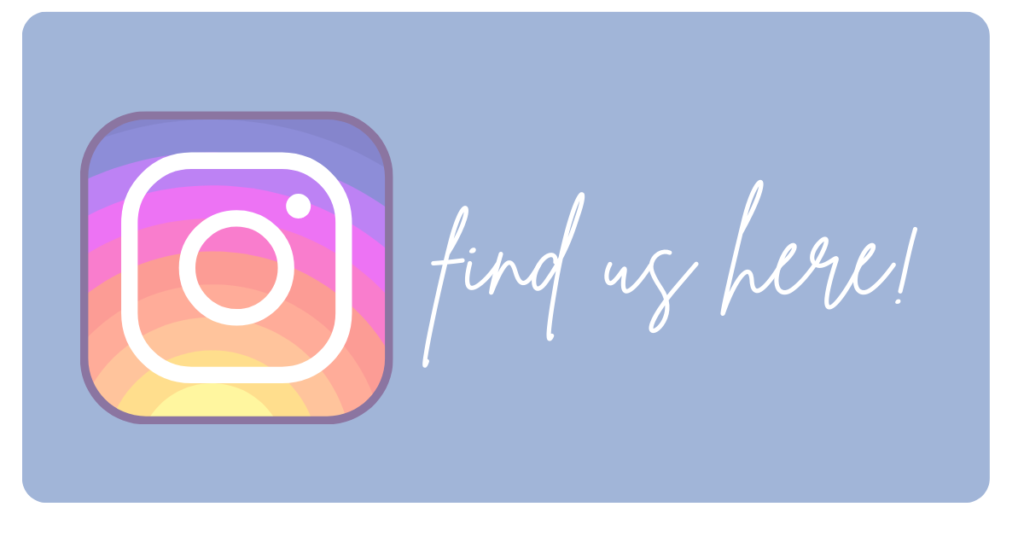Setting Healthy Boundaries to Support Your Mental Wellness

As you navigate more adult relationships, or even as you interact with your family, teachers, employers or coaches, you may start to discover that you need to be mindful of and purposeful about how you set boundaries.
And if you’ve never heard of boundaries in a relationship, get ready to discover a new way to care for your mental wellness!
So let’s start with: what are boundaries?

Brene Brown defines boundaries as “the distance at which I can love you and me simultaneously.â€
What makes her definition so wonderful!? It makes it clear that the goal is for both individuals involved to feel loved, valued, and respected.
In other words, healthy boundaries help you protect you, while being respectful of others.
Boundaries are not about walls, or shutting others out, but rather about how you take care of your own physical, mental, and emotional health by determining what you need, what you will accept, and what you are able to give in your relationships.
Here are some important components of healthy boundaries:
Self-awareness
In order to know what you can handle in your relationships, you must first come to understand your own needs, values, and limits.
This is a process in and of itself, and not something you may have a complete handle on as a young adult, which is why discussing values is a big part of our workshops. A good place to start is tuning into what makes you feel uncomfortable and what does not.
Paying attention to the feelings that relationships and experiences with others stir up in you will give you a lot of guidance as to what you are able to tolerate versus what you find unacceptable- and what therefore needs a healthy boundary from you!

Clear communication
Many young adults (and even some of us who have been adults for a long time) can find it difficult to talk about our boundaries. We have two tips about how to communicate about and set boundaries with others:
Tip #1: In whatever language feels authentic to you, convey something along the lines of “Because I care about you, and because I care about me, this is what I need.â€
Tip #2: Speak about your own experience as much as possible. Instead of saying “You need to stop doing X,†you can say, “I feel more comfortable and cared for when you do Y.†This will help keep the other person from feeling defensive and keep the conversation more positive.
Respect for others’ boundaries
Just as you have your own boundaries, it’s important to respect the boundaries of others. This means listening to their needs and limits and honoring their requests and their ability to choose what is right for them.

Consistency
Being consistent with your boundaries is important so that others know what to expect from you. It may be difficult at first to feel like you may need to repeat your boundaries, but as you continue to do so, the other party will learn that you mean what you say and you say what you mean. It can be easy to let others get away with things that you don’t appreciate in the name of keeping the peace, but avoiding conflict isn’t worth it if it costs you your own personal peace.
Flexibility
Just as consistency is important, being flexible- in life, and in boundaries- allows for you to recognize when it’s okay to shift and adapt your boundaries. Doing so with healthy communication can foster trust and understanding.
Self-care
As with everything we share here, our goal is that you learn how to care for your mental and emotional well-being. Being purposeful about your boundaries is an act of self-care! You may discover you need to say no to certain activities that may drain your energy or not align with your values, and in so doing you are reinforcing your boundaries.
Awareness of red flags
Being aware of red flags in relationships, such as manipulation, disrespect, or disregard for your boundaries, is crucial. Recognizing and addressing these warning signs early on can help protect you from harm and maintain healthy boundaries.
(And as always- we want to be here to support you. Never hesitate to reach out, and that especially includes when you feel that there are are warning signs in a relationship and the other person is pushing back against your boundaries in a way that makes you feel unsafe!)
Now that you know some of the important components of boundaries, let’s look at what some healthy boundaries might look and sound like.
Here are some examples of healthy, respectful boundaries you might consider.
With your parents:
“I would appreciate it if you would let me have an hour or so to decompress after school.â€
“I don’t always feel like hugging, even though I know you love hugging and I love you. It would be helpful if you could ask me before you hug me.â€
“I know you care about my grades but when you tell me that if I don’t get them up, it actually just stresses me out more. I know that I need to do better, and what would be helpful from you is asking how I feel about my grades, and then maybe we can discuss them when I don’t feel stressed and upset.â€

With your friends:
“I want to be able to help you with what you’re dealing with, but I don’t think I really know how. Can I help you talk to your parents or a teacher?â€
“I would appreciate it if you would let me know ahead of time if you need to change our plans, rather than at the last minute, so that we can both still enjoy our Saturday night.â€
In dating relationships:
“I really like our relationship, and I want us to both feel safe, happy, and valued. I’d love to discuss what you think that looks like.â€
“I know that you might have more experience in dating than I do, and so I would love if we could take this slow and talk openly about our expectations.â€
And so, so many more! There are as many examples of boundaries as there are uncomfortable feelings in your stomach/chest/wherever you feel uncomfortable feelings.
And that’s the thing: uncomfortable feelings in your relationships are often a sign that it might be a good time to evaluate a boundary… or several boundaries.
Do you feel a little bit better sense of what boundaries are and how you’d like to use them to take ownership of your mental wellness and cultivate healthy relationships? We hope so!
If you would like to discuss further or have a specific question, never hesitate to email us here, or you can get on our email list to be sure you know about our upcoming workshops, where we discuss boundaries, values, and so much more!


